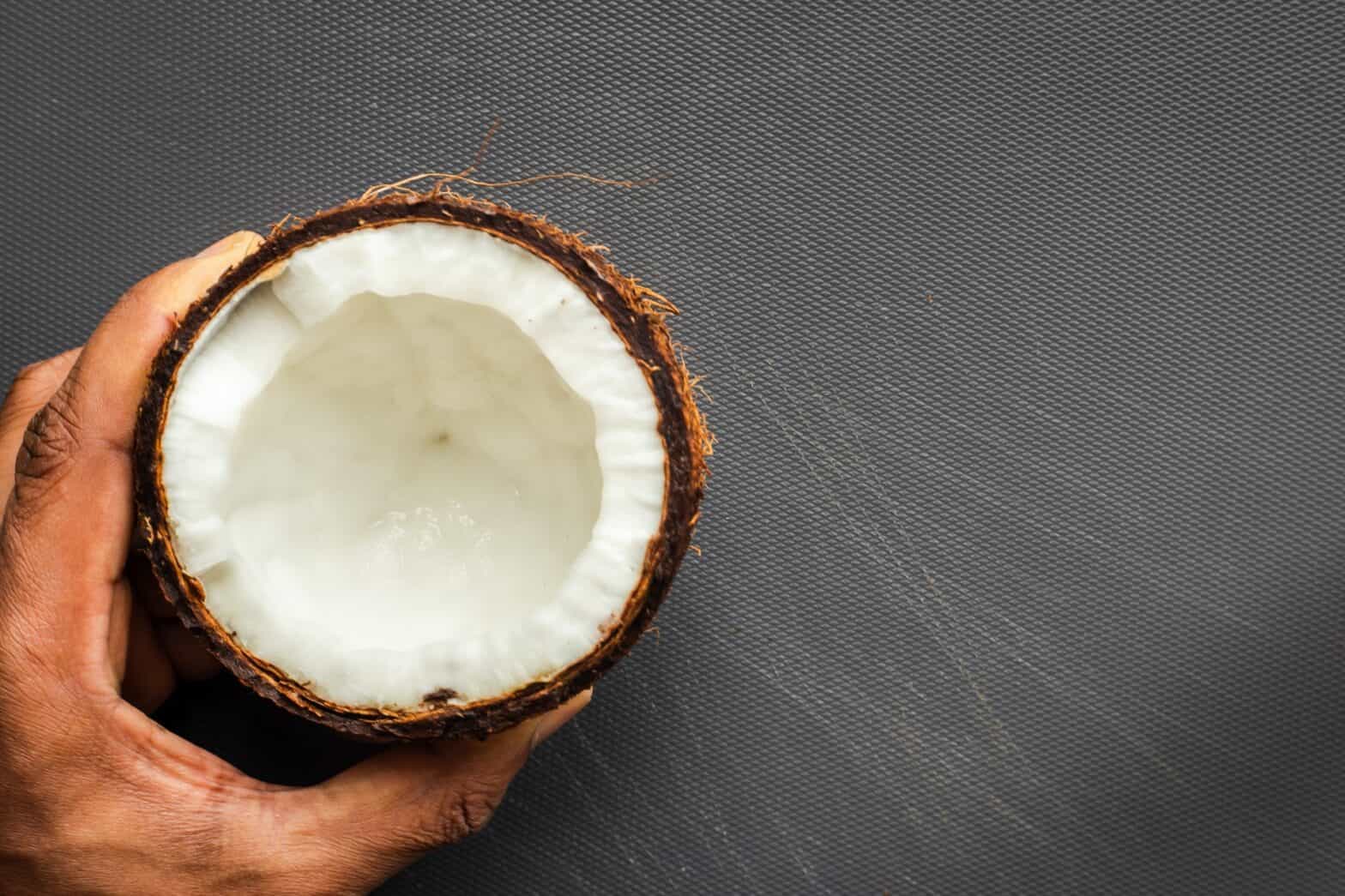Desiccated coconut is a favorite for many, but it’s important to make sure that it’s the kind that you want. Only the perfect coconuts are used to create this product. Once dried, the coconut is finely shredded to a delightful snow-white shade. This is the best way to ensure that the coconut maintains its taste and texture. There are many types of desiccated coconut, but this kind is among the most popular. It’s made to resemble fresh coconut, but a pleasant sweetness gives it an added dimension. It’s also easy to use and versatile in the kitchen. There are many ways that you can make use of this product at home, including replacing fresh coconut in recipes.
The Many Culinary Uses of Desiccated Coconut to Try
1 – Polenta cake
Add a handful of desiccated coconut to the batter of a cake. The taste is absolutely delicious, and the texture is delightfully light and fluffy. You’ll be surprised at the difference it makes to the flavor of the cake.
2 – Coconut cake
Desiccated coconut makes a great addition to cakes. They’re sweet and a little crunchy, making them a wonderful complement to the rich taste of the cake. If you’re baking a coconut cake, try adding a couple of tablespoons of desiccated coconut for a delicious addition to the batter.
3 – Coconut cookies
Coconut is a popular addition to many recipes, and desiccated coconut is no exception. Try adding it to your cookie dough. A pinch can make a delicious addition to your favorite recipe.
4 – Coconut peas
Turn the desiccated coconut into a tasty snack. All you need to do is boil a handful of the coconut flakes until they soften and then add them to the pan. Allow them to cook with the peas. If you prefer, you can spread the flakes on a baking tray and roast them until they become fragrant and a little crunchy.
5 – Coconut fried rice
Rice is often served with a variety of Asian dishes. However, you can give it an interesting flavor boost by adding desiccated coconut to the rice. It’s wonderful with meat and chicken dishes, too.
6 – Coconut energy bars
Desiccated coconut is a great addition to energy bars. Combine it with dates, coconut oil, and nuts to make a tasty bar that’s packed with energy-boosting qualities. Mix it with cacao powder, vanilla extract, and nuts to create a delicious treat.
7 – Coconut milk
You can easily turn desiccated coconut into a wonderful and creamy homemade variety of coconut milk. Simply put half a cup of desiccated coconut into a blender and add two cups of water. Blend until the desiccated coconut is completely ground. Strain the mixture through a cloth and use the resulting liquid as you would normal coconut milk.
8 – Coconut ice cream
Desiccated coconut makes a wonderful addition to ice cream. It’s a popular addition to coconut ice cream, but it’s also very nice in vanilla ice cream. Combine the coconut with dates and sunflower seeds to create a delicious and nutritious alternative to traditional ice cream.
Conclusion
Why try to recreate the distinctive taste of fresh coconut when you can find a desiccated coconut product? It’s easy to use and makes a great addition to many recipes, especially those that mimic the taste and texture of fresh coconut. You’ll find a delicious alternative to the fresh version.
If you’re looking for the best coconut products, come to Coco House. We are one of Sri Lanka’s finest wholesale coconut exporters and suppliers. We export and supply fresh organic coconut-based products. Browse our product selection today!

















